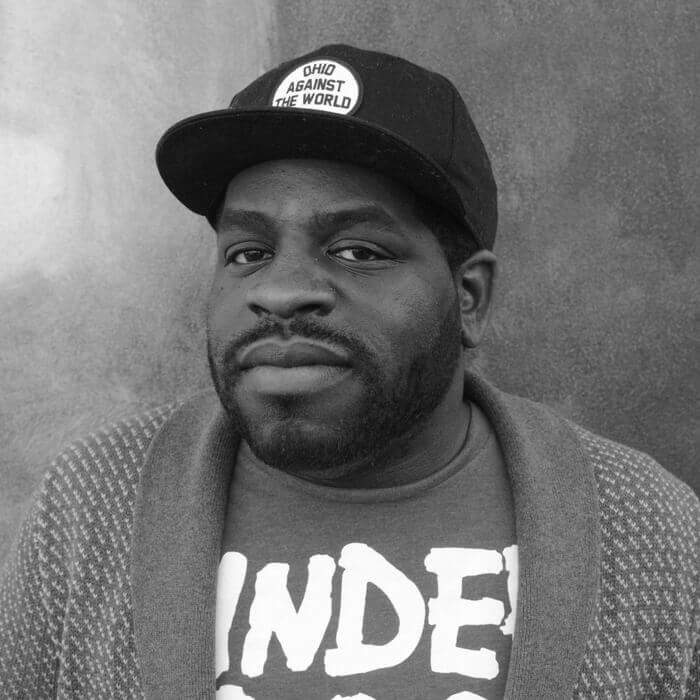the poem begins not where the knife enters
but where the blade twists.
Some wounds cannot be hushed
no matter the way one writes of blood
& what reflection arrives in its pooling.
The poem begins with pain as a mirror
inside of which I adjust a tie the way my father taught me
before my first funeral & so the poem begins
with old grief again at my neck. On the radio,
a singer born in a place where children watch the sky
for bombs is trying to sell me on love
as something akin to war.
I have no lie to offer as treacherous as this one.
I was most like the bullet when I viewed the body as a door.
I’m past that now. No one will bury their kin
when desire becomes a fugitive
between us. There will be no folded flag
at the doorstep. A person only gets to be called a widow once,
and then they are simply lonely. The bluest period.
Gratitude, not for love itself, but for the way it can end
without a house on fire.
This is how I plan to leave next.
Unceremonious as birth in a country overrun
by the ungrateful living. The poem begins with a chain
of well-meaning liars walking one by one
off the earth’s edge. That’s who died
and made me king. Who died and made you.
Published:
2019
Length:
Regular
Literary Movements:
Contemporary
Anthology Years:
Themes:
Ars Poetica
Death & Loss
Poetic Form
Violence & War
Literary Devices:
Enjambment
a line break interrupting the middle of a phrase which continues on to the next line
Imagery
visually descriptive or figurative language, especially in a literary work
Media Res
a literary work that begins in the middle of the action (from the Latin “into the middle of things)
Metaphor
a comparison between two unrelated things through a shared characteristic
Simile
a comparison between two unlike things using the words “like” or “as”

